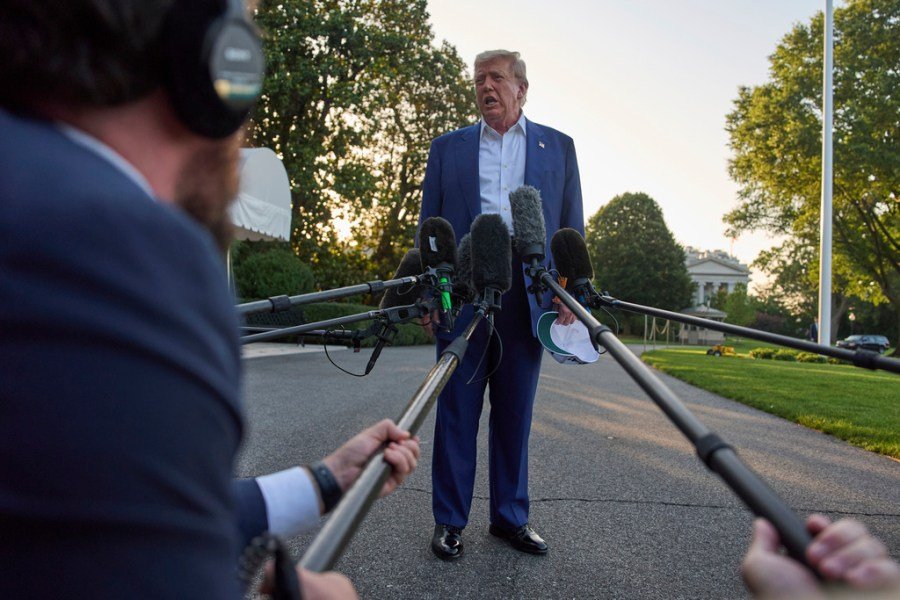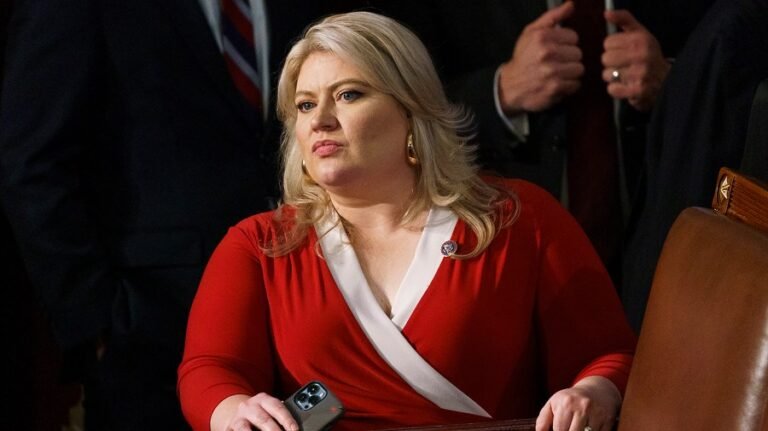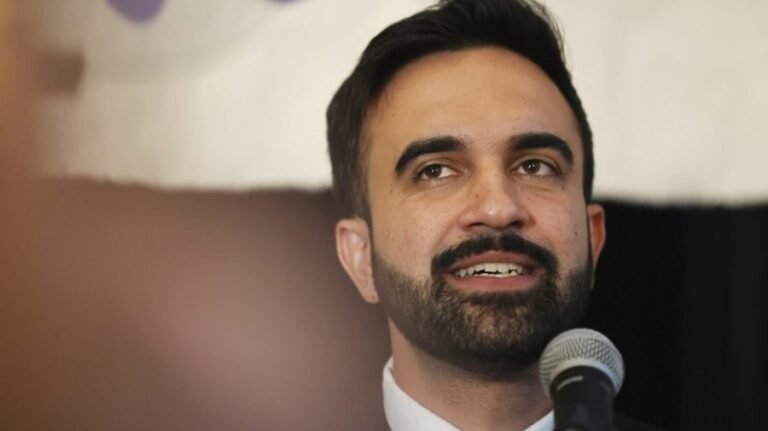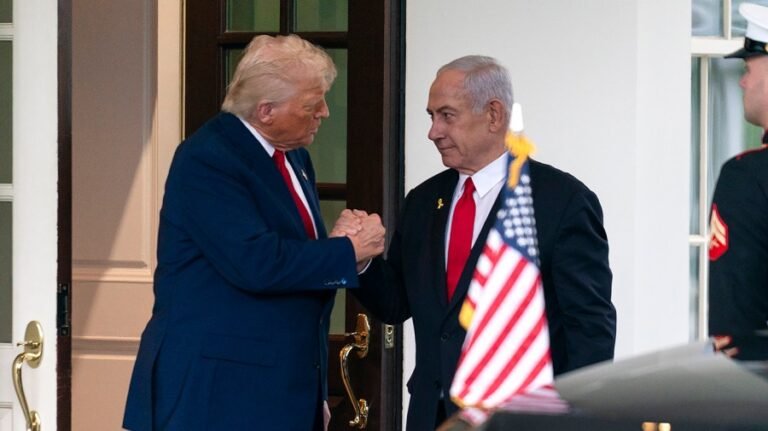
During a press conference at the G-7 summit, President Donald Trump chastised the other leaders he was meeting with for not including Russian President Vladimir Putin. Trump elaborated on the need to bring Putin to the table.
Then, he blamed the Ukraine War on Putin’s absence from the group’s summits. However, Trump’s criticisms are not just about Putin’s exclusion. Rather, they speak to a larger issue: Trump’s worldview about the role of the U.S. and other democratic nations in global politics, and how that worldview harms the U.S. and the rest of the world and, therefore, must be countered.
In Trump’s eyes, there is no difference between authoritarian and democratic governments. Rather, there are simply economic winners and losers. Therefore, Putin should be at the G-7 table, because Russia is an economic player, regardless of the nature of his regime.
Russia was there once. At a time when Russia was moving towards democracy, then-Russian President Boris Yeltsin was invited to join the G-7 in 1997, making the group the G-8. However, Putin gradually discarded democratic gains by limiting the press, jailing and even killing opponents, and concentrating power in the Kremlin. But the final straw was Russia’s invasion of Crimea in 2014, when the territory was clearly part of Ukraine. Putin annexed Crimea and started a war for the rest of Ukraine by supporting military separatists in eastern Ukraine.
At that point, Russia was no longer a nation moving towards democracy. It was an aggressor ruled by an autocrat. And G-7 membership had been limited to nations that respected democracy and each other. Russia under Putin no longer qualified.
The G-7 had begun as a meeting of finance ministers discussing economics. However, over time, it has emerged as a powerful advocate of democracy. It condemned Russia’s invasion of Crimea in 2014 and the subsequent invasion of Ukraine in 2022. It has urged the promotion of values such as pluralism and openness. Former U.K. Prime Minister Boris Johnson once called the G-7 “the most prominent grouping of democratic countries.”
With Putin at the table, the G-7 would signal that Putin’s aggression is acceptable. Moreover, it would make joint resolutions more difficult to achieve. Promoting democracy would be much more difficult.
With his warped view of the value of democracy, Trump simply does not get that. That failure to understand the model and advocate role of the United States. Trump damages not only the G-7 but also weakens respect for the U.S. among other nations. Obviously, treating our allies as enemies by starting trade wars disparages those who have been on our side fighting for democracy through world wars and the Cold War.
But it gets worse. The U.S. under Trump now mimics behavior we recently condemned. Trump has concluded that if Russia and China can be imperialist, so can the United States. If Putin can have Ukraine, then why can’t the U.S. declare ownership of Greenland or the Panama Canal and threaten to take them by force? Like Putin, Trump does not believe in international law, the sovereignty of other nations, or the importance of alliances of nations sharing common values.
In 1989, President Ronald Reagan spoke of a “shining city on a hill.” The U.S. was a beacon of democracy throughout the world. In Trump’s worldview, there is no such city. The U.S. simply competes on economic terms with the rest of the world. Our national purpose is not to be a beacon of democratic governance and stability.
Since the president has left a void in defining our worldview as one based on shared democratic values, it is incumbent on others to remind the world who we are as a nation. Members of Congress, both Democrats and Republicans, need to be vocal in reassuring allies that the Trump worldview is not the permanent posture of the United States.
State Department civil servants should communicate to their counterparts that the U.S. once again will be a defender of democratic principles once Trump is no longer in office. At a time when autocracy is threatening democracy, a trenchant voice is essential and the people of the United States must continue to be understood as a sponsor of the values Americans hold dear, even if the current president does not.
Richard Davis is a professor emeritus of political science at BYU.


